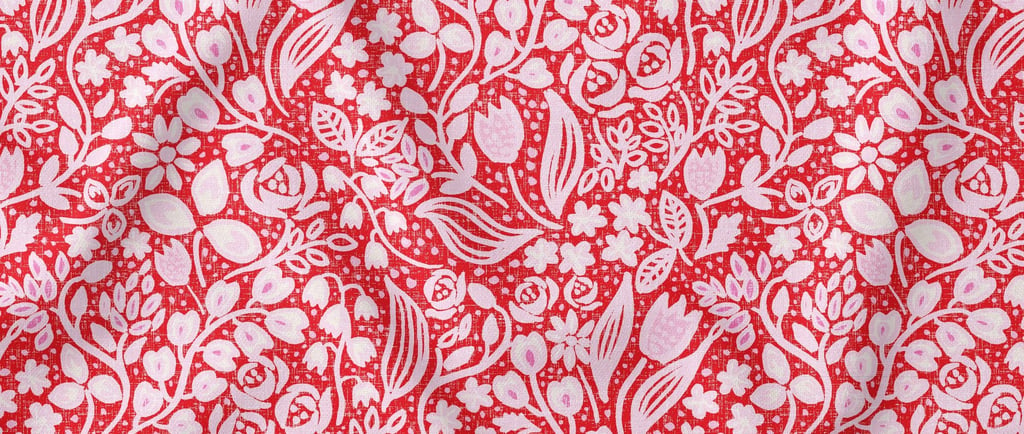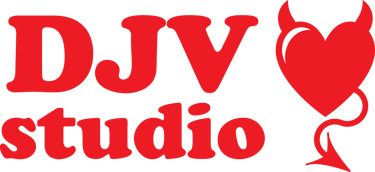Understanding the GOTS Initiative and the Benefits of Choosing GOTS Certified Products


Introduction
The Global Organic Textile Standard (GOTS) is a leading international certification for textiles made from organic fibers. It sets strict environmental and social criteria for the entire textile supply chain, from the harvesting of raw materials to the labeling of the final product. In this blog post, we will explore the GOTS initiative, its significance, and why choosing GOTS certified products is a wise decision.
The GOTS Initiative Explained
The GOTS initiative was developed by leading organizations in organic farming and textile processing to ensure the integrity and sustainability of organic textiles. It covers both the environmental and social aspects of textile production and requires compliance with strict criteria at every stage.
Some key aspects of the GOTS initiative include:
- Use of organic fibers: GOTS certified products must contain a minimum of 70% organic fibers. This ensures that the raw materials are grown without the use of synthetic pesticides or genetically modified organisms.
- Environmental impact: GOTS requires the use of environmentally friendly processing methods, including the prohibition of toxic chemicals, heavy metals, and other harmful substances.
- Social responsibility: The GOTS certification also addresses social criteria such as fair wages, safe working conditions, and no child labor.
- Traceability and labeling: GOTS certified products are traceable throughout the supply chain, and they carry a unique label to provide assurance to consumers.
Benefits of Choosing GOTS Certified Products
There are several reasons why choosing GOTS certified products is a great choice:
- Environmental Sustainability: By opting for GOTS certified products, you are supporting sustainable farming practices that reduce the use of harmful chemicals and promote biodiversity.
- Health and Safety: GOTS certified products are free from toxic residues, making them safer for you and your family.
- Social Responsibility: GOTS certification ensures that the workers involved in the production of textiles are treated fairly and work in safe conditions.
- Quality Assurance: GOTS certified products undergo rigorous testing to meet high-quality standards, ensuring that you receive a product that is durable and long-lasting.
- Transparency: GOTS certified products are traceable, allowing you to know exactly where and how the textile was produced.
Alternatives to the GOTS Initiative
While the GOTS initiative is widely recognized and respected, there are other certifications and standards that focus on different aspects of sustainability and organic production. Some of the notable alternatives include:
- OEKO-TEX Standard 100: This certification focuses on the testing and restriction of harmful substances in textiles, ensuring that the end product is safe for human use.
- USDA Organic: The United States Department of Agriculture (USDA) offers organic certification for textiles that meet their strict criteria for organic farming and processing.
- Fair Trade Certified: While not specific to textiles, Fair Trade certification ensures that workers are paid fair wages and work in safe conditions.
It's important to research and understand the different certifications to make an informed choice based on your values and priorities.
Conclusion
The GOTS initiative is a comprehensive certification that promotes organic farming, environmental sustainability, and social responsibility in the textile industry. By choosing GOTS certified products, you can contribute to a healthier planet and support ethical practices. However, it's essential to consider other alternatives and certifications to find the best fit for your needs. Whether you choose GOTS or another certification, making sustainable and responsible choices is a step towards a more sustainable future.
